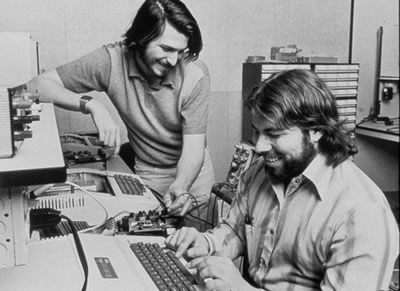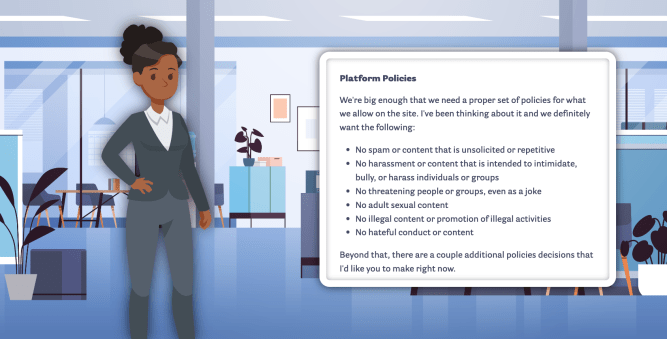While I often enjoy watching analysts trip over their own feet, it’s not often that one stumbles upon a piece as short-sighted as George Colony at Forrester. In essence, Colony believes that Apple is the next Sony – a desiccated organization that has nothing new to offer the world. While he’s correct about Sony, he’s utterly wrong about Apple.
The Analysts’ Limitations
Analysts, to be fair, do possess some knowledge of various subjects. I’m sure Colony is exceptional at plumbing financial data and selecting expensive steaks. However, in this Forbes piece, he cites Max Weber’s Theory of Social And Economic Organization, a book that I read in college but haven’t had the chance to revisit lately. Weber, writing in 1947, breaks down organizations into legal/bureaucratic, traditional, and charismatic types. Weber likely knew from firsthand experience what it meant to be a charismatic leader – ‘he is set apart from ordinary men and treated as endowed with supernatural, superhuman, or at least specifically exceptional powers or qualities’ – but I doubt his definition remains applicable in today’s business climate.
The Charismatic Leader
Colony goes on to argue that without a Gandhi-like (or, if we’re being unkind, Jim Jones-like) übermensch at the helm, Apple will dwindle away just like Disney (still thriving after 20 years), Sony (not as strong, but they dominate a third of the gaming market) and Microsoft (what a mess that company is). Rather than seeing numerous vibrant companies vying for market share, Colony sees a desolate plain where ignorant armies clash by night. All is vanity indeed.
A Different Perspective
If anything, Apple can become the next Disney – but with one caveat. Walt Disney, like Jobs, was a micromanager until he wasn’t. If you follow his life (read Gabler’s Walt Disney: The Triumph of the American Imagination even if you’re not interested in Disney – it’s an excellent management biography) you’ll see a period of intense work followed by what can be described as pouring new wine into old skins. What worked under Disney – an intensity of purpose, a focus on story and the physical, a perfectionist’s eye for production quality – were ingrained in the company throughout its long history. The cultural products that came from Disney studios are loved by nearly everyone, aside from a possibly rough patch in the 90s and the recent John Carter debacle, they still own Pixar, they still made Tangled, and they still rake in profits at their amusement parks.
The Caveat
What’s the catch? Apple creates premium products for the global market. Disney’s product suffers from piracy, competition, and the fickle nature of art. Apple’s (barely) suffers from copycats and manufacturing uncertainties. You don’t need Walt Disney to greenlight every move Mickey’s ear makes in Fantasia. You need a company-wide understanding of timing, story, and elegance. Nor do you need Steve Jobs to greenlight every product decision. A similar understanding is necessary for Apple’s continued success.
Conclusion
In conclusion, while Colony’s prediction that Apple will become the next Sony might seem plausible at first glance, it’s actually quite far-fetched. Apple’s unique strengths and capabilities set it apart from other companies. With its focus on innovation, quality, and customer experience, Apple is well-positioned to continue thriving in the market.
Related Articles
- Bluesky is getting its own photo-sharing app, Flashes
- As Gen Z job applicants balloon, companies are turning to AI agent recruiters
- LinkedIn adds free AI tools for job hunters and recruiters
- Nintendo Switch 2 could be announced this week: The rumors (and facts) so far
- DJI Flip is a $439, fully foldable camera drone




